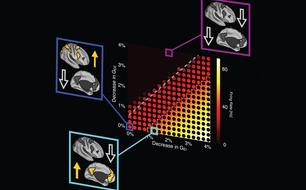
The research division, named Neurocognition, Neurocomputation, and Neurogenetics (N3), focuses on systems neuroscience in psychiatry. Dr. Anticevic, co-Director of N3, and his team along with other researchers at N3 combine cognitive, computational and genetic approaches as well as pharmacological and neuroimaging genomic techniques to bridge levels of experimental analysis and link genes, circuits, and behavior.
Both the Anticevic Lab and the N3 division rely on the state-of-the-art high performance computing resources provided by the Yale Center for Research Computing. The Anticevic Lab harnesses the combination of multi-modal imaging techniques, including task-based, resting-state, structural and pharmacological functional neuroimaging. The lab combines such approaches with computational modeling techniques, leveraging the computational infrastructure provided at Yale, to understand neural circuit dysfunction in psychiatric disorders.
The N3 division also nucleates collaborations across departments in the medical school and across the university, through joint appointments, collaborative training and research grants and a seminar series. By uniting these approaches, the overarching scientific and training mission of the division is to foster innovative basic, translational and clinical research in the pursuit of a mechanistic understanding of neuropsychiatric disorders.